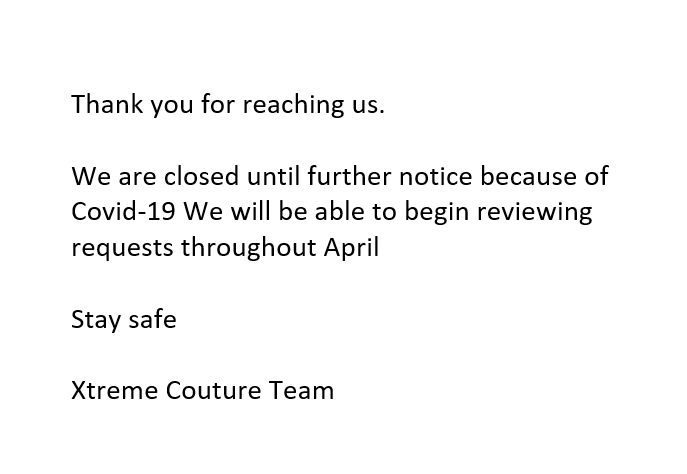Four out of Five dieters end up at the ice cream counter. Why? Dieting Stinks! 80 percent of diets go belly-up, according to the American Journal of Clinical Nutrition. Let’s look at it logically.
90-95% of people who lose weight with diet gain most of the weight back within 3 to 5 years. Often times more body fat, or weight is gained back due to yo-yo dieting. Drastically reducing calories can slow your metabolism and hinder the weight loss process (Leibel, Rosenbaum & Hirsch 1995). Dieter regains even more weight particularly when old eating habits are resumed and frighteningly, frequent changes of weight increases risk of heart disease and premature death (Brownell & Rodin 1994; Lissner et al. 1991).
Consider these medical findings:
- Dieting may result in depression, which is counter productive to losing weight.
- Most diets don’t encourage lifestyle changes.
- With very low calorie diets, weight loss is usually lean body weight.
- Exercise is not part of the program.
- ACSM recognizes exercise as the greatest predictor of maintaining weight loss
- Weight training can decrease the loss of muscle
“All diets, in their essence, will fail,…says Anne Mixon of the marketing research group NPD, who points to a new survey showing three out of four diets fail.
Let’s look at it logically.
Crisis # 1- After one week of dieting you’re freakin’ starving. You can no longer eat the first thing you see.
Crisis # 2 – You’re cranky. You want to grab the chips and a soda. “When these easy sources of energy are cut, you’re going to go through a time when you don’t feel great,” says Vincent Pera, M.D., director of the weight-management program at Miriam Hospital in Providence, Rhode Island.
Crisis #3 – The scale seems stuck. You figure, what’s the point? This isn’t working.
What does work? Regular exercise! In a recent study at the University of Arkansas, people on low-fat, high-complex-carbohydrate diets who also exercised lost 3.5 pounds more over 12 weeks than those who ate similar diets but skipped the gym. Instead you hit Crisis #4. You have intense food cravings. You give in. Because, hey, life is meant to be enjoyed. “When these easy sources of energy are cut, you’re going to go through a time when you don’t feel great,” says Vincent Pera, M.D., director of the weight-management program at Miriam Hospital in Providence, Rhode Island.
The Fifth Crisis Looms – You reach a plateau. You figure, well, that’s it. I’ve come far enough. “Because your caloric needs have lessened, you need to burn off more in order to continue to see results,” Dr. Pera says. A voice in your head says, “I want my life back!” Result: You got fat again.
A discussion on the nation’s low-carb craze at the Institute of Food Technologist’s Annual Meeting and Food Expo, researchers and industry representatives agreed that American’s need to make balanced lifestyle changes that include regular exercise and a healthy diet. Furthermore, the National Weight Control Registry, a group of Americans who have lost 30 pounds or more and kept it off for a year or longer, lost weight by eating a low-fat, high-carbohydrate diet of fewer calories, and exercising daily.
At a recent Institute of Food Technologist’s Annual Meeting and Food Expo, researchers and industry representatives agreed that American’s need to make balanced lifestyle changes that include regular exercise and a healthy diet.
Why does dieting alone FAIL 96% of the time?
Now you know.


